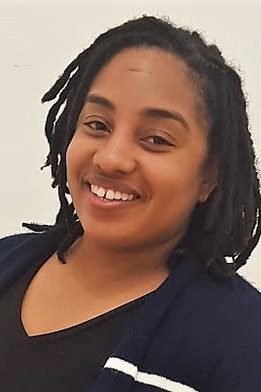I grew up in a small Connecticut town. Let me try that again, I grew up in a small, white, suburban, Connecticut town. I had a limited scope to interact with people who were different than me and in regards to race I was raised to “not see color”.
I have vivid memories from my years in drum corps. I can reflect back on many that make me proud, hopeful and inspired. However there are others that make me feel ashamed for my ignorance and lack of self-awareness.
I was 15 years old when I first started marching drum corps and I had no clue what I was doing. I had never heard of drum corps or color guard and most of my ideas surrounding the activity came from the movie Drumline. Throughout my first season I started to realize that there was an obvious segregation within the corps, because we were a small drum corps it wasn’t something you could easily ignore and while we were all family it didn’t change the fact that there was a racial divide between the members.
Drum corps is one of my earliest memories I have of being in a room and feeling like a minority. I looked around and saw so many people of color and this was the first time that I had ever felt “othered”. In reality the majority of the corps, instructors, and support staff were white but my awareness of the difference was heightened as I was in a situation that I never had to experience before.
For myself as someone who “didn’t see color” I just cared about hanging out with my friends: black, white, latinx, it didn’t matter. I didn’t care what table I sat at during meals or who I slept next to. The truth is, while I might not have seen the importance of acknowledging my friends of colors’ personal experiences and how they were so different from my own, I also didn’t stop from making micro-aggressive jokes towards them. At the time it didn’t feel like it was a big deal, we were just kids making jokes and messing around, right…?
The truth of the matter is it is a big deal. Those jokes, stereotypes, and microaggressions are used towards people of color on a consistent basis that reinforces some pretty messed up and oppressive narratives. The goal and the mission of PAISOC is clear: we aim to help students of color with access to performing arts programs. That might be drum corps, marching bands, choir, theater programs, you name it. While one of our goals is to help get rid of hurdles when it comes to students following their passions but then what?
Having more diversity within an organization is beneficial for everyone but that is only the beginning. We also need to educate students on their privilege and how they can use it to help others. When you hear those “jokes” you stop them. When you notice bullying, hazing, or harassing behavior towards others, you step in. You make an effort to sit and get to know the people you spend all rehearsal next to.
I am passionate about PAISOC because I care about students getting to participate in the arts. I know what those programs did to help me become who I am today both for the lessons I learned on and off the field. Empathy and understanding develop from engaging in differences, not just being adjacent to it. Be active, educate yourself, and call out any oppressive garbage you see because inclusion of everyone matters.

